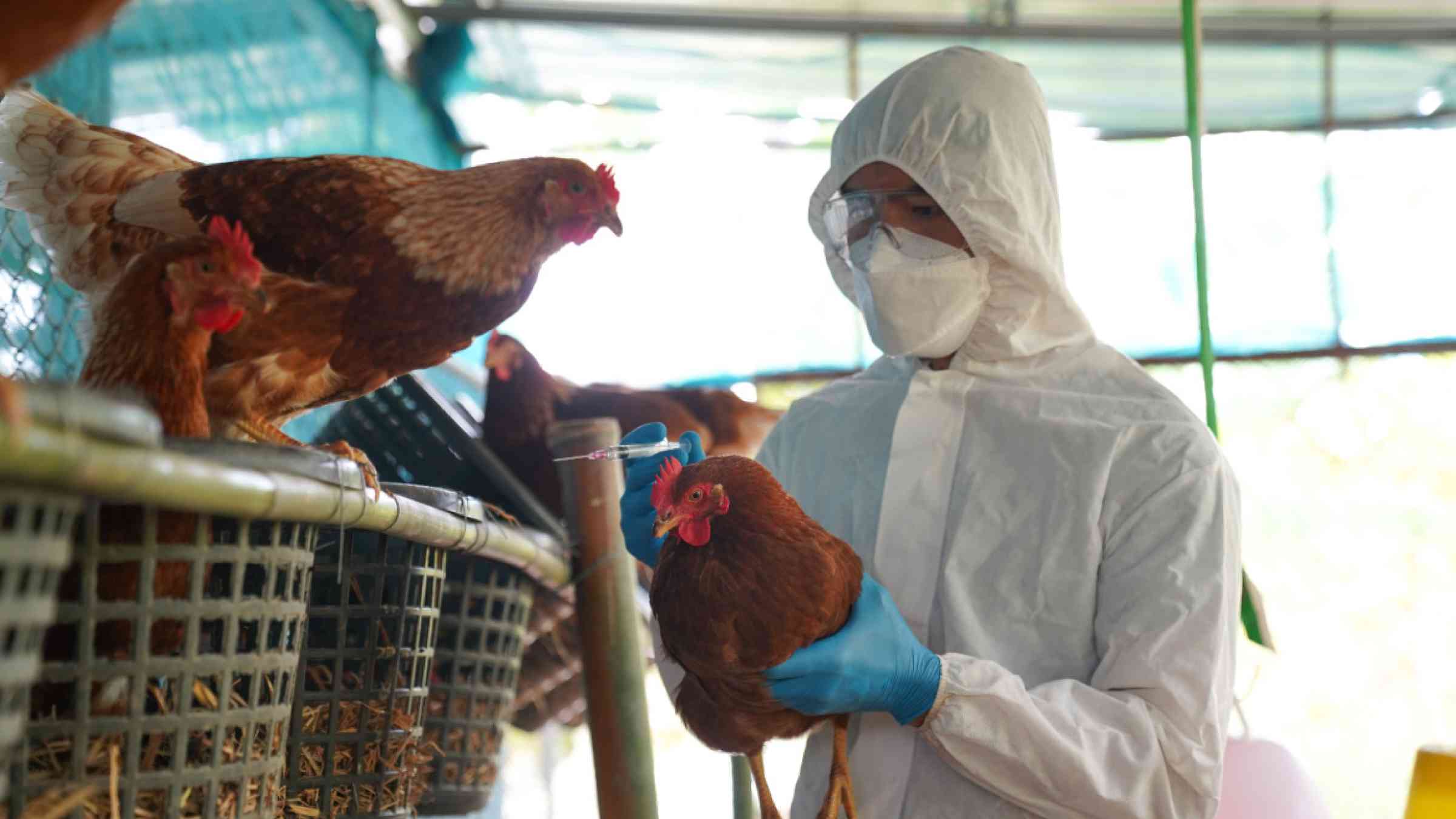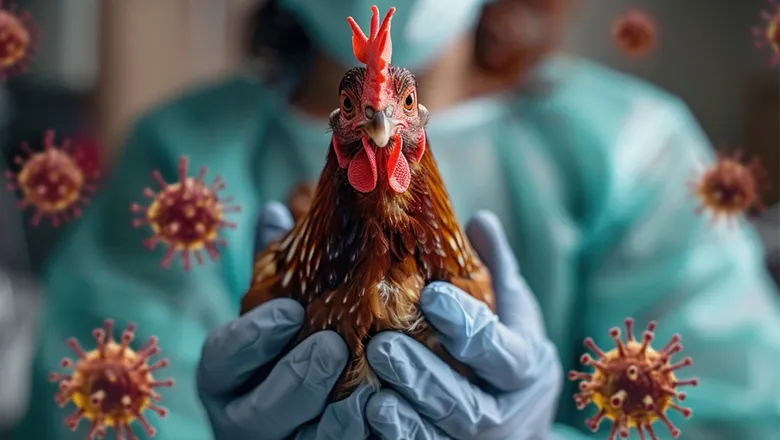Avian influenza, better known as the bird flu, is a viral infection that mainly occurs in birds but sometimes affects humans and other animals as well. Though the possibilities are rare for infections among humans, their cases can be deadly. Therefore, it is an excellent idea to learn how to protect yourself while reducing your exposure to the virus as much as possible. Here is a comprehensive guide on how to keep safe from avian flu.

What is Avian Flu?
Bird flu is attributed to several types of influenza viruses that are specific to birds. While several such strains exist, the H5N1 and H7N9 types of bird flu virus are especially considered as a matter of serious concern to humankind. Earlier, it was thought that the bird flu virus spreads to humans when humans are directly exposed to infected birds and their droppings or infected surroundings. However, that can be easily done away with adequate knowledge and precautions.
How to Safeguard Yourself Against Bird Flu
1. Keep Yourself Away From Physical Contact With Birds
Avoid direct contact with the sick or dead birds, especially in the areas where outbreaks have been reported.
Wild birds: water and shore species are carriers of most the avian influenza.
Working with birds: poultry farming, veterinary work; PPE’s: gloves, mask and goggles
2. Hygiene Practice
Wash your hands often in an available source of soap and water for at least 20 seconds, especially after contact with animals or after visiting a market.
Use hand sanitisers if soap and water are not available.
Avoid touching your face, especially eyes, nose, and mouth, with hands that are not washed.
3. Safely Handle Poultry
Purchase poultry and eggs from places you can trust, so they come to you disease-free.
Cook poultry thoroughly, cooking it to at least an internal temperature of 165°F (74°C) so the virus will be killed.
Immediately after using them to cut or handle raw poultry, wash with hot, soapy water cutting boards, knives, and other utensils that were used.
4. Keep Environment Clean
Clean and disinfect all surfaces where birds are kept or handled.
Do not contaminate when disposal of bird droppings, feathers, and other wastes is done.
Wear protective clothing when cleaning bird coops or aviaries, and wash your clothes properly after.
5. Know About an Outbreak
Follow local news and health watch for outbreaks of bird flu where you live and destinations you are planning to go to.
Avoid traveling in areas that already have an active outbreak of avian influenza, especially if you handle poultry or are immunocompromised.
What If You Think That You’ve Been Exposed?
Seek emergency medical attention if you have been exposed to possibly infected birds or are having any of these symptoms: fever, cough, sore throat, or shortness of breath. Inform your healthcare provider of your possible exposures so that you are tested and treated right away.
Immunization and Prophylactic Drugs
Although there is no vaccine available to everyone currently, other antiviral drugs like oseltamivir or Tamiflu may be prescribed for the prevention and treatment of the virus. You should discuss your risk level and the necessary preventive actions to be taken by your doctor, mainly during an outbreak.
Also Read : 5 Effective Snoring Solutions to Improve Quality Sleep
Bird flu self-protection primarily lies in the awareness and precaution. The risk posed can be significantly reduced through knowledge about the illness, keeping oneself clean and hygienic, avoiding contact with birds, and staying updated about outbreaks. Prevention will always surpass cure in hazardous professions or regions; thus, take the initiative to safeguard yourself and your family.
Hello friends, my name is Santanu Ray, I am a content writer. I write tech related content in this website Newslok 24.
I have more than 3 years of experience in writing blogs and I hope that you will like the information in our blog.
Stay connected to our site for latest Updates.



